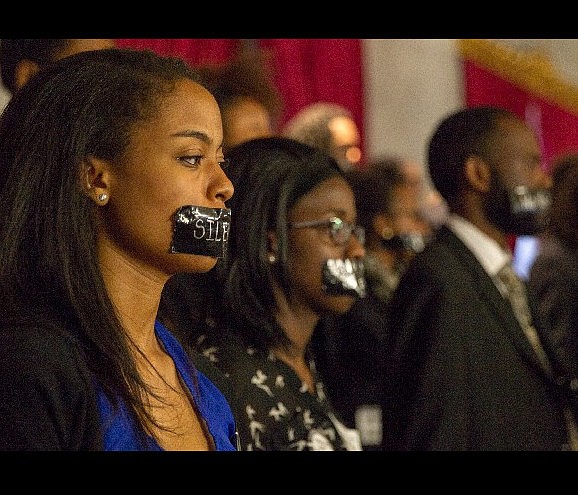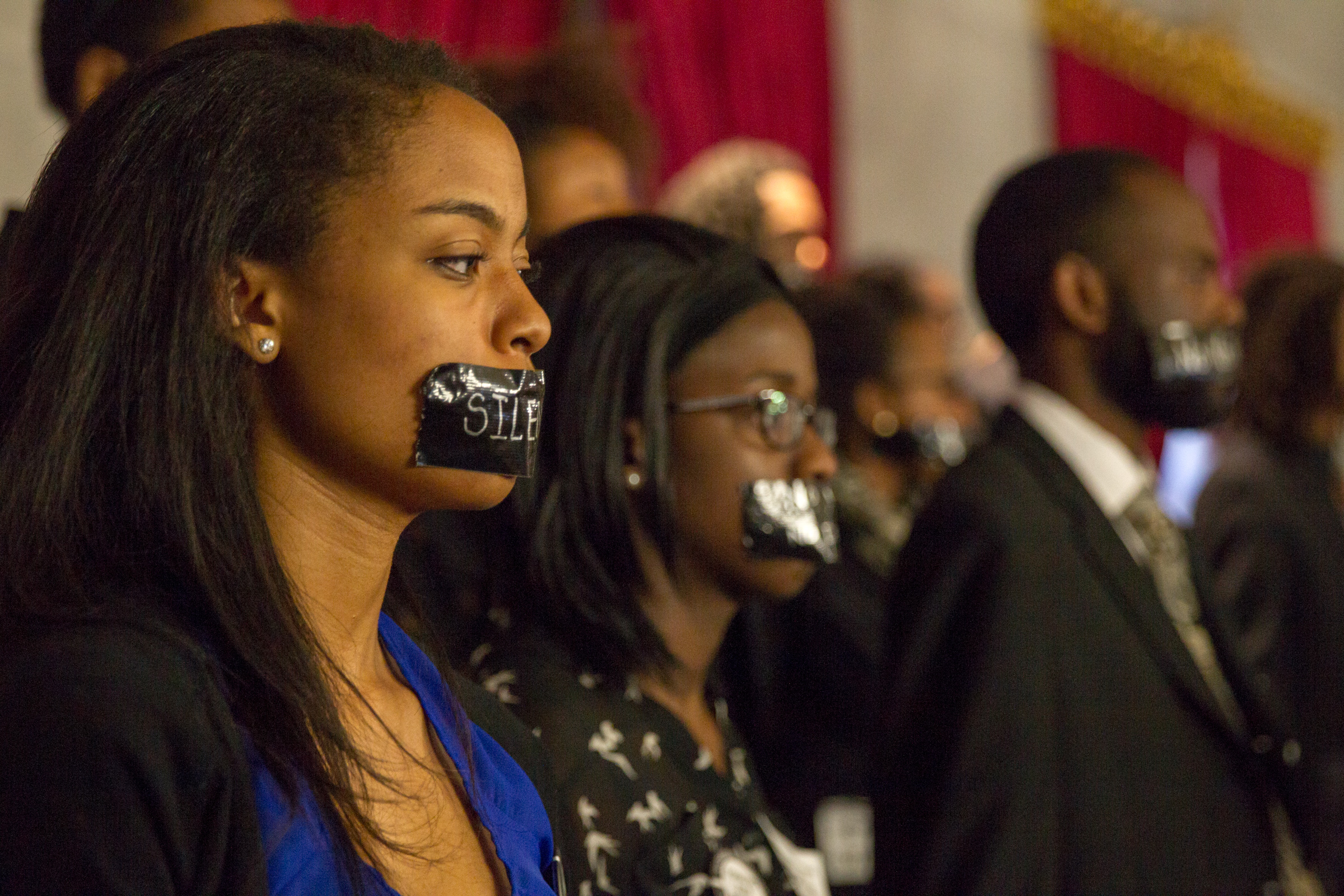NASHVILLE - A legendary Tennessee lawyer whose push for voting rights dated back to the civil rights movement died last summer, not long before a new federal report found evidence that he might have had a point about the state's voter identification law.
Now many of those who worked closely with him say they intend to keep the cause alive.
George Barrett died in August, two months before a new report by the Government Accountability Office found that states -- including Tennessee -- that toughened their voter ID laws saw steeper drops in election turnout than those that did not.
While there were few reports of voting problems in Tennessee after the Nov. 4 general election, voter advocates say the report justifies the need to examine the effects of the voter ID law in Tennessee, one of 33 states to enact laws obligating voters to show a photo ID at the polls. In doing so they hope to rekindle the efforts of Barrett, a one-man crusader whose courtroom advocacy dated back to the lunch-counter sit-ins of the early 1960s, when it was rare for a white attorney to take up the cause of black college students.
"We are running with the momentum George generated," said Hedy Weinberg, executive director of the American Civil Liberties Union of Tennessee, which supported Barrett in a lawsuit filed in 2012 against the state's voter ID law. "His inspiration continues to give us the energy and the wherewithal to move forward, to ensure that access to the ballot box is available to all Tennessee citizens."
In a career that spanned more than 50 years, Barrett also represented corporate whistleblowers, fought for labor rights, tackled securities fraud and handled a case that ultimately desegregated the state's public colleges and universities.
But he was passionate about the vote, and battled disenfranchisement up until his death at the age of 86.
"He remained undaunted in his pursuit of the franchise for all," Weinberg said.
The GAO report's evidence wasn't around when Barrett was pursuing his lawsuit against the state's voter ID law, which an appeals court rejected.
The report compared election turnout in Kansas and Tennessee -- which tightened voter ID requirements between the 2008 and 2012 elections -- to voting in four states that didn't change their identification requirements.
It estimated that reductions in voter turnout were about 2 percent greater in Kansas and from 2 percent to 3 percent steeper in Tennessee than they were in the other states examined. The four other states, which did not make their voter ID laws stricter, were Alabama, Arkansas, Delaware, and Maine.
"GAO's analysis suggests that the turnout decreases in Kansas and Tennessee beyond decreases in the comparison states were attributable to changes in those two states' voter ID requirements," the report said.
Doug Bonney, executive director of the ACLU of Kansas, said no lawsuit has been filed against the state concerning the photo ID law, but the group has been examining its effects and plans to continue doing so following the report's findings.
"It's another requirement that people have to think about and comply with," Bonney said. "It can be a problem."
In Tennessee's voter ID case, the state argued that the new law was necessary to prevent election fraud. But Barrett alleged it would deprive people of the right to vote, and that the statute violated the Tennessee Constitution, which only required someone to be a U.S citizen, a resident of the state, at least 18 and properly registered in order to vote.
The Tennessee Court of Appeals ultimately upheld the state voter ID law as constitutional. However, Nashville attorney Doug Johnston, one of Barrett's law partners, said he and some other attorneys are considering a federal lawsuit that looks at how the state law may be unconstitutional "based on U.S. constitutional issues."
He said there's "absolutely" a need to take the GAO report's findings seriously because there are tactics that still exist to quell voter turnout, particularly for blacks and younger voters.
"This is a suppression of a fundamental right," Johnston said. "It's the same reason that people spent decades attacking Jim Crow laws and poll taxes. Even though they lost at the beginning, ultimately they won, because they kept up the fight. There's no difference here."
The courts so far haven't found that Tennessee's voter ID law hampered voting -- but that was before the GAO report emerged. Especially in elections with high turnout, advocates say, the new requirements can have that effect. So they're pushing even harder to get people to the polls.
It's a message they believe Barrett also would support.
"We talk about voter suppression laws, but we also have to be equally vigilant to encourage people to exercise their right," said Patricia Stokes, president and CEO of the Urban League of Middle Tennessee. "We have to remind people that your voice, your vote counts; and you need to exercise that privilege and that right."

